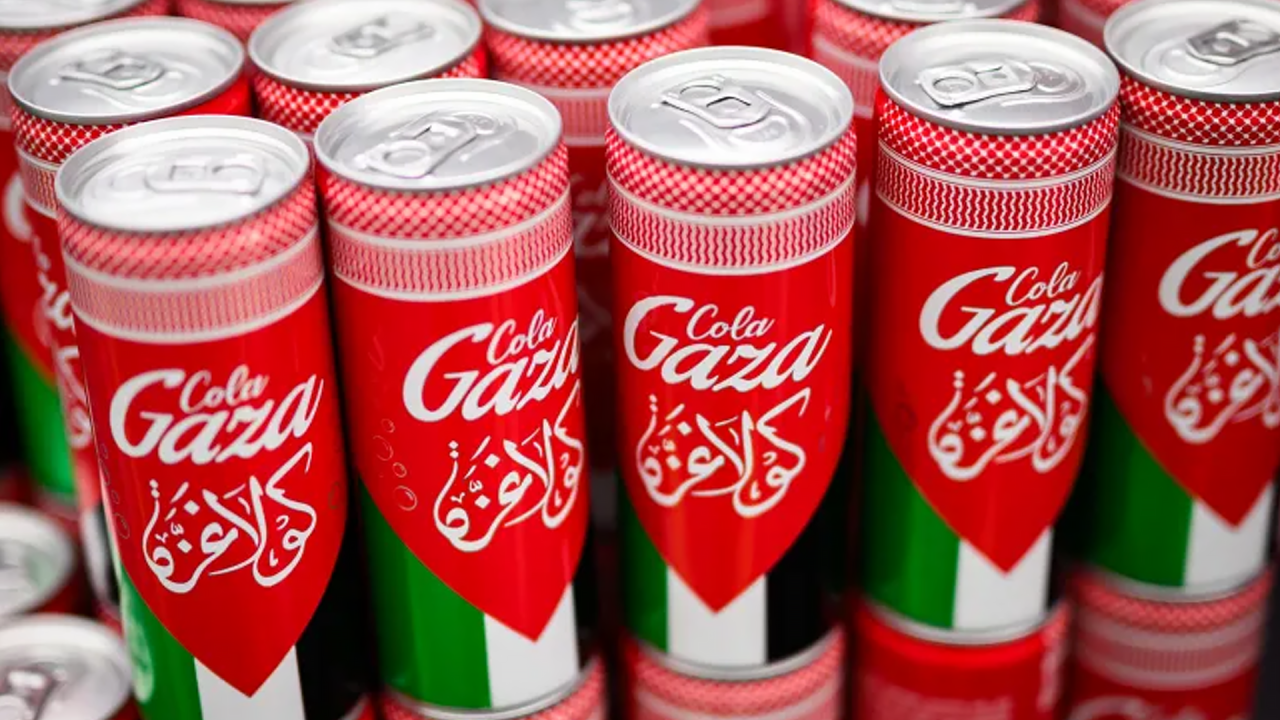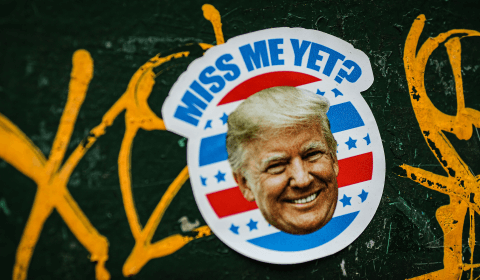In a world increasingly divided by complex geopolitical tensions, consumers are showing solidarity with humanitarian causes by challenging multinational corporations.
Last month, Gaza Cola – the beverage ‘with a message and a mission’ – took off in the UK.
The popularity of this ‘apartheid-free’ alternative to boycotted brands among pro-Palestine supporters was a profound statement of resistance, encapsulating the growing global movement of conscious consumerism.
At a time when every purchase can be a political act, the story of Gaza Cola is fundamentally about choice. Not the choice between one soda and another, that is, rather what values we choose to support with our wallets.
When Osama Qashoo created the drink, he wasn’t just mixing ingredients, he was crafting a narrative of solidarity, a form of protest against what he considers corporate complicity in human rights violations.
Consumer boycotts are not new, but they have gained momentum in our hyper-connected digital age.
“It tastes even better because you’re supporting Palestine.”
Cola Gaza offers its drinkers a ‘genocide-free’ alternative as they boycott big-name brands https://t.co/uQJNy3dOcG pic.twitter.com/SAFLg5Jnqk
— Al Jazeera English (@AJEnglish) November 23, 2024
The Gaza Cola phenomenon reflects a broader trend whereby individuals feel empowered to challenge multinational corporations by making more thought-through purchasing decisions.
It’s a grassroots form of economic pressure that transforms everyday consumption into a potential instrument of social change.
What makes this particular movement compelling is its accessibility. Not everyone can be an activist on the frontlines, but almost anyone can decide which products to buy and which to avoid.
In offering an alternative to boycotted brands like Coca Cola, Gaza Cola allows consumers to simply yet effectively express their support for Palestinian rights.
The financial impact of such boycotts should not be underestimated, either.




















